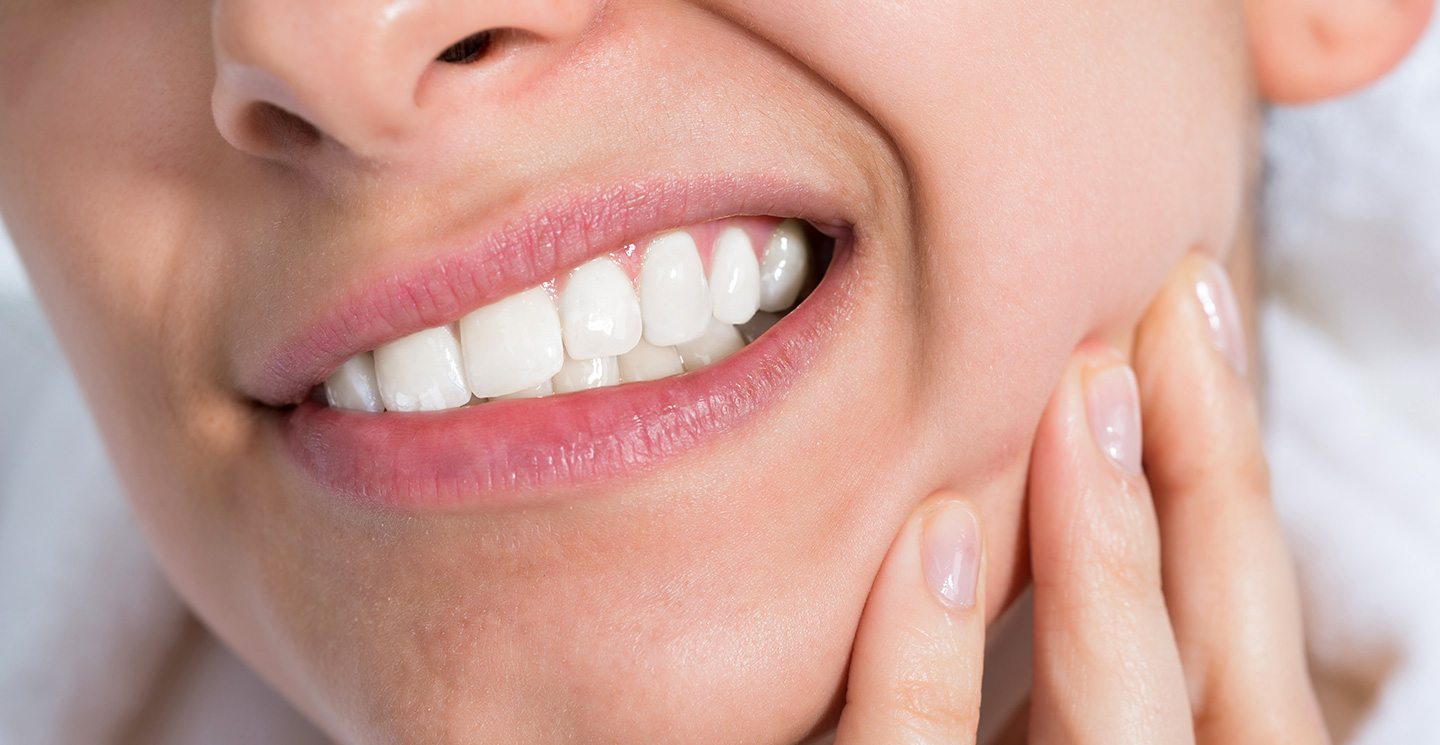Teeth sensitivity affects both adults and children frequently. Teeth sensitivity can arise from a variety of issues, but if you treat it right away, it won’t last. How can dental sensitivity be stopped?
If you experience pain or discomfort in your teeth after eating or drinking something hot or cold, it is an indication of a cavity, and it affects not just you personally but also individuals all over the world. Tooth sensitivity never goes away entirely, so you should consult a dentist in NE Calgary and take the necessary steps to prevent it further. You can enjoy many conveniences and a healthy life when you have good teeth.
What are sensitive teeth?
The inner layers are shielded from dangerous substances by the teeth. But occasionally, their natural defense mechanism, known as dental enamel, is compromised or harmed. When this occurs, hot, cold, sweet, or acidic stimuli may cause discomfort to the nerves inside your teeth due to increased sensitivity. This dental issue is known as teeth sensitivity!
However, frequent dental checkups in NE Calgary and looking after your oral health everyday will help you recover from the issue.
Reasons for sensitivity in teeth
Here are a few reasons why your tooth sensitivity increases:
- Your toothbrush. Sensitive teeth may result from using a harsh toothbrush. When you brush your teeth, stiff bristles can end up wearing down both the gums and tooth enamel, rendering them more vulnerable and exposed.
- Debris. Food particles that become lodged in your teeth and remain there even after brushing them away cause discomfort and irritation, which leaves a lasting sensation of sensitivity.
- Certain mouthwashes. Another possible reason for sensitive teeth is mouthwash. Because mouthwash includes acids, using it excessively and for extended periods of time can increase the sensitivity of your smile.
- Acids. Acidic foods could be the source of your sensitive teeth.
- Undergoing treatment. Your teeth may become sensitive as a result of acquiring particular dental services, including scaling and polishing, which are part of routine cleanings, and root canal therapy.
- Cavities. Sensitivity is a common symptom of decay or infection, which can arise due to poor oral hygiene practices. Fillings, onlays, or crowns can be provided to effectively address this.
Preventative steps for teeth sensitivity
To protect your smile, there are a few preventive steps you can take in addition to receiving professional care. One of which is getting frequent dental checkups near you.
For instance, personalized mouthguards can shield your teeth from trauma that causes sensitivity if you play sports or grind your teeth. Otherwise, maintaining proper dental hygiene is always crucial. Consistent dental hygiene practices, including brushing and flossing on a daily basis, preserve dental health and lower the likelihood of sensitivity.
Make Your Next Appointment Today at Temple Square Dental
Don’t let oral sensitivity or discomfort stop you from enjoying the pleasures of everyday life! You deserve to smile wide, laugh loud, and dig into your favorite meals and treats without having to worry about negative consequences arising from doing so.
Fortunately, it is never too late to take control of your oral health! Bid goodbye to discomfort; take preventative action today by contacting our dentist near you and setting up an appointment. They will be happy to examine your smile and help you maintain the health and function of your teeth, gums, and bones during a typical day.
If you have any questions or concerns about treatment, please don’t hesitate to let them know. We are at your disposal and work hard to ensure that you leave our local clinic feeling satisfied. Email or call us today to set up your next dental checkup!

